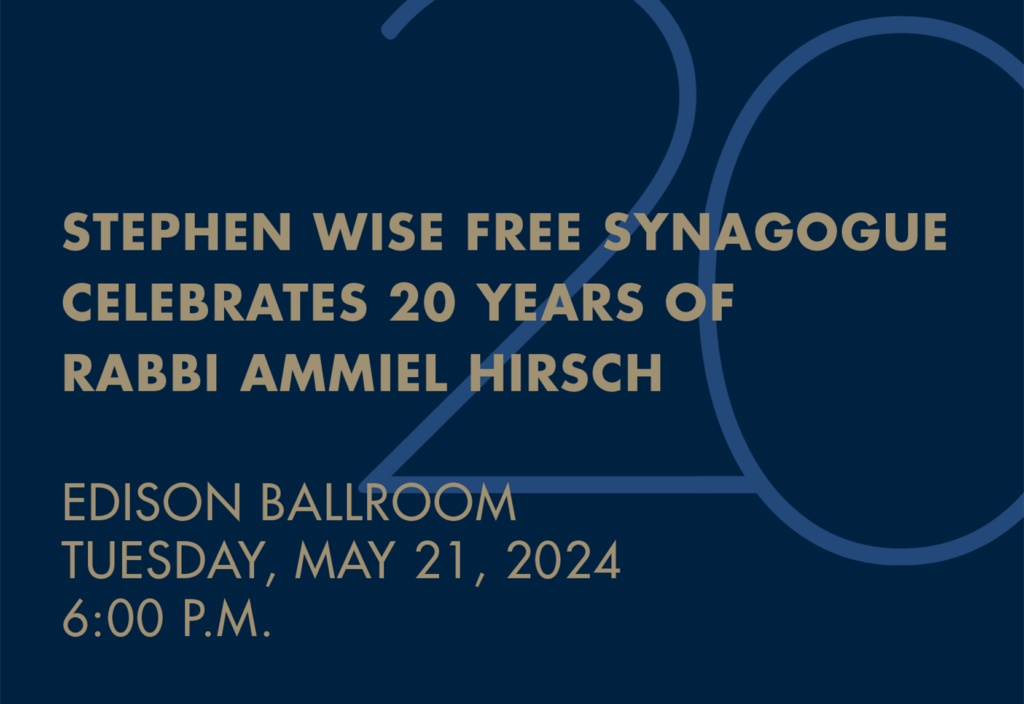“The entire Jewish community is carrying the crushing weight of our communal trauma,” says Rabbi Samantha Natov, but Rosh Hashanah brings new possibility of wholeness and return. “Turning towards Jewish community can restore a sense of belonging, trust and reciprocity.” The work of teshuvah isn’t easy and we can’t do it on our own: “It takes others to offer forgiveness, reflect on a shared past, and embrace a better future.”
“We are either rushing or resting. One or the other,” Rabbi Samantha Natov observes. But dwelling in our sukkahs, being both outdoors and indoors, teaches us to “dwell in contradiction,” she says. “Instead of running from one moment to another, we can strive to integrate peace into whatever moment we find ourselves in.”
Fifty years after the outbreak of the Yom Kippur War, Rabbi Ammi Hirsch reflects on his experience as a 14-year-old new Israeli immigrant and the Jewish state’s brilliant successes and unresolved disappointments over the intervening decades. But “there is something about the Jews that makes it difficult for us to live together,” he says of the ongoing civil discord in Israel. “For our own self-dignity, we will continue to voice our clear and unreserved moral resistance to extreme elements of the Israeli government.”
An encounter with a very non-New York couple leaves a lasting impression on Rabbi Ammi Hirsch. “They reminded me of the basic truth of our tradition: that a wise person learns from everyone,” he says. “Morality, the very soul of religion, is a feeling, the result of friendship and companionship.” As we begin 5784, Rabbi Hirsch says: “May you be tolerant of all people, assuming the best in them, judging them favorably, and giving them the benefit of the doubt…”
“Hayom, the sound of the shofar implores us to wake up,” says Rabbi Sam Natov. “This is the time to allow our hearts to break open. It is only when we are present to that which causes us pain that we can move with it and grow…”
From the summit of Hitler’s Eagle’s Nest high in the Bavarian Alps, Rabbi Ammi Hirsch gazed upon now-tranquil Europe and reflected: “The brilliant Jewish intellectuals who helped create and define the Western European golden age and put their faith in the enduring ascent of humanity were unequipped to truly comprehend the ruthlessly evil.” It didn’t have to happen that way, he says. “History is not inevitable.” That depravity “was the result of human will and conscious decisions. We can make a difference. Tomorrow hasn’t happened yet…”


